Create And Cover
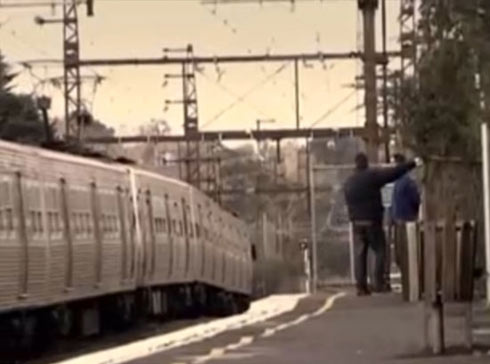
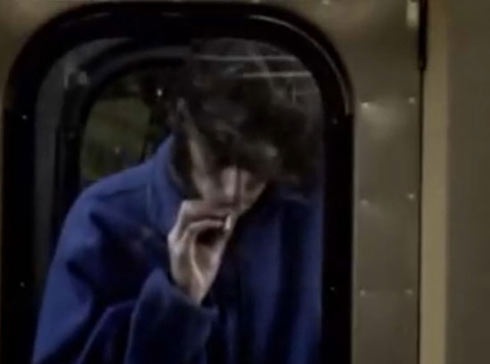
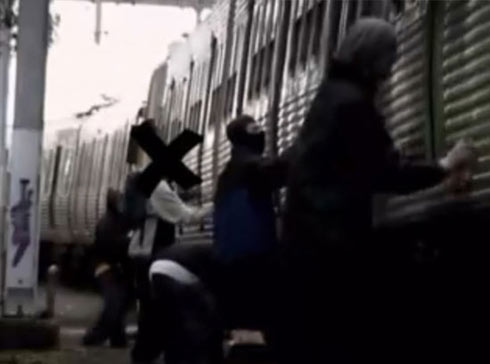
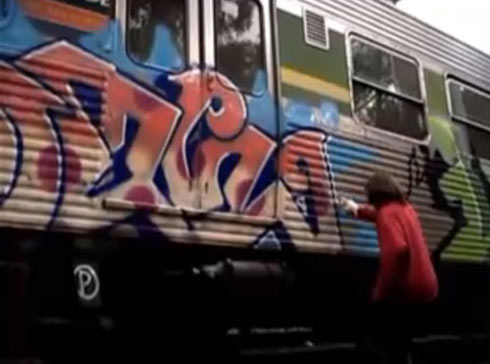
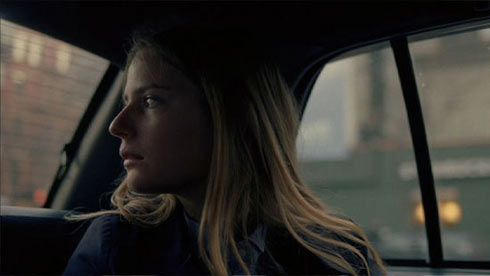
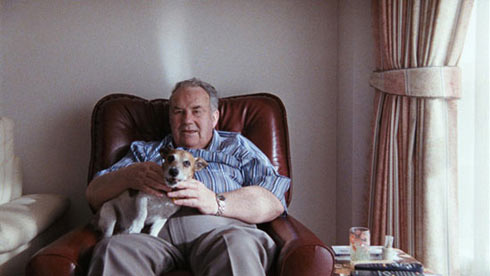
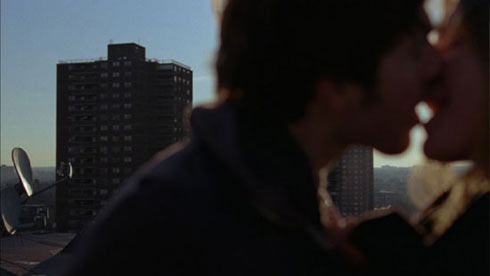
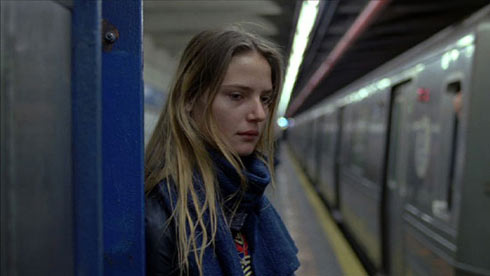
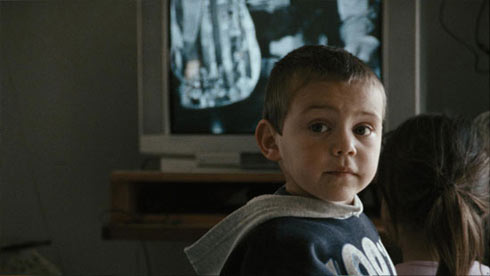
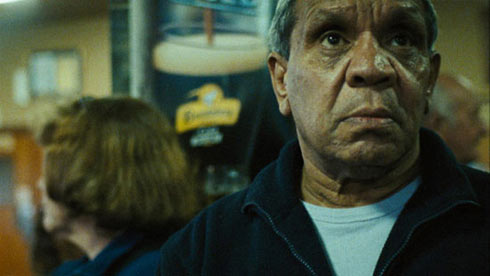
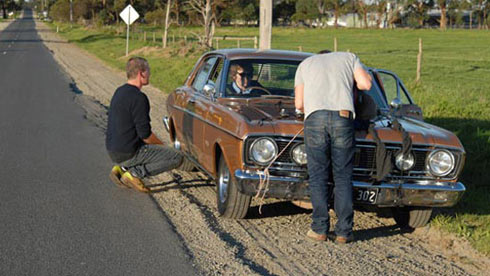 Text: Oliver Georgiou Images: Eddie Martin
Text: Oliver Georgiou Images: Eddie Martin
I have always had it drilled into me that when it comes to filmmaking storytelling is key, if you sit an audience down and don’t inform them or take them on a journey then you are wasting their time. The first time I saw Eddie Martin’s Jisoe at ACMI a few years back I was expecting a graffiti video but was met with an extremely comprehensive and candid insight into a strangers life. I left there thinking, wow, who is the man behind the camera that we never see or hear, how was he able to not only capture all of this but be able to fold it into such a complete package? Eddie Martin, the storyteller in the director’s chair, the protagonist behind the protagonist, has gone on to create a feature length documentary on the life of Lionel Rose as well as numerous other projects, some of which are not quite ready for disclosure. I met up with Eddie for a beer and a chat in Windsor last week as a wild electrical storm brewed over Melbourne.
Oliver Georgiou: Your entrance to documentary kind of came from that whole ’90s Prahran bowl era in a way right?
Eddie Martin: I guess it was the culture too, I wasn’t a skateboard filmer but I had a close friend who was, he had cameras and they were always around and I got to play with them. You got used to having a camera to mess around with, it was a constant shooting off the hip environment, I guess that’s how I got into Jisoe, just by getting a video camera and picking it up. I was a beginner and insular, so I just needed to be able to get a camera and go by myself, it was the best way to learn for me. The cool thing about docos is that you can capture the authenticity or feel of an area and period in time.
OG: Yeah, I’m into surfing and love to watch old surf films. You can get a real insight into how people were living then and how surfing was a totally different animal at that time.
EM: I grew up on skateboard videos and they are really documentaries in their own right. In retrospect the films that turn us on as kids and teenagers were really these mini sub-culture docos. I never put a link to it but maybe that’s why I did Jisoe and involved the whole graff thing. In a sense I kind of attacked it like a graff video to represent the culture but it just had a narrative through it.
OG: Did you plan to make a documentary with him or where you just filming when you hung out?
EM: Yeah, I wanted to do a documentary but I was just trying to include elements that influenced me growing up with those sub-cultural films. It was also the stuff that was going on in my world at the time as well.
OG: Did you film a lot to get the project complete?
EM: I did it on about 10 tapes from memory, which I liked. I think if you have a really high shot ratio you are not being forced to think as much about what you are doing. Probably a money thing too. It’s the same thing with Lionel, we didn’t have huge resources so it was a really tightly made film.
OG: Researching Lionel Rose’s life must have been a huge task in itself. How did you prepare?
EM: Yes it was, but in truth it was more about earning the trust of Lionel and the people around him because over the years he has been consistently attacked by the media so they were all very protective and super cautious. But once we got that trust it was cool.
OG: To represent someone’s life in film or tell his or her story is a big responsibility. After completion and screening of the film how did the Lionel camp feel about it?
EM: It’s a massive responsibility especially with an Australian icon. That’s where you get back to the whole trust thing. I made sure to work with Lionel on who he wanted to be interviewed and what he was OK with etc. Lionel and his family were really happy with it in the end, which was a huge relief. Also there are some heavy people that love Lionel and I am sure if I did the wrong thing by him I would have been slapped for it and fair enough too. All of us who worked on the film got to know Lionel and his family really well, that was one of the best things about the whole filmmaking process.
OG: Originally it wasn’t planned to be feature length though. Is that right?
EM: Yeah, because at that time you couldn’t really get finance for a feature documentary, unless it was on a global scale but nobody was giving finance to create docos here except for the TV style 52 minute pieces SBS and the ABC funds. So really TV money was the only choice we had or you have to shoot it off your own back and then look for finishing money. So for it to be feature length we just tried to cut something longer after hours and luckily people responded to it and we were able to do both versions. I still would have liked to have been able to do interviews with people overseas if we had the resources but you have to let things go!
OG: If you had a project that had unlimited resources and time, which areas of the process would you focus on the most?
EM: It would totally depend on the project. Let me start with catering, script can come second.
OG: A few months ago you went to New York and shot a short film.
EM: Yeah, it was totally lo-fi in terms of how we went about it, even though we shot on film I was just trying to set up an authentic style of situation and cover it.
OG: So it’s a narrative based film?
EM: Yeah, but with a documentary approach. A lot of my favourite filmmakers have doco backgrounds for example Kevin Macdonald who did The Last King Of Scotland. Also I love the Dardenne brothers, I don’t know if you have heard of them but they made a bunch of great films, one was called Rosetta that won Cannes and another was L’Enfant about a young kinda street hustler that sells his baby, its pretty full on but they are totally doco in approach. I get turned on by those kinds of filmmakers and their way, so that’s why I have wanted to learn through making a few docs and now I want a new learning experience so I am trying my hand at doing some dramatic film projects. Authenticity is what I am chasing, I want to capture a particular energy. So for me at the moment I am learning how to create and capture in a dramatic narrative now I guess.
OG: Was that your primary reason for going to New York?
EM: We had meetings over there for a really low budget feature we are trying to do, we were going to shoot some test rolls for that but instead of just testing rolls it was like, well we might as well try to make something and tell a little story out of it. So that’s how that came about, again we had no real money or resources but it was a fun experience, we have just finished it so hopefully it gets a good response.
OG: In the States you kind of get that feeling that everything is doable, not in the future sometime with enough hard work but right now. It’s a big risk taking, moving and shaking kind of society. Was it a motivation for you when you where shooting over there?
EM: That is true. Originally for us it was just where the story was set, but I did notice that it’s a really film friendly environment there, which I loved.
OG: Now that you have begun that crossover to film making do you think you will leave documentary making alone?
EM: I do hope to do more, they are totally infectious to me. There is no doubt real life can be more engaging and is way stranger than fiction, that’s a total cliché but it’s so fucking true.
Next story: Stitched Up: Amber B



